Non-Toxic Shampoo: Ingredients to Avoid & What to Look For
Finding a non-toxic shampoo that cleans effectively without exposing you to harmful chemicals can be tricky. Many shampoos, even some labeled as “natural,” contain problematic preservatives, synthetic fragrances, and harsh surfactants. Below, we break down the key ingredients to avoid and what to look for in a truly safe, non-toxic shampoo.
Surfactants
Surfactants are the key ingredients that make shampoos (and all soaps and detergents) effective. They help water break down oil and dirt, allowing them to be rinsed away. However, not all surfactants are created equal—some are safe, while others come with health and environmental concerns.
Many conventional shampoos rely on harsh surfactants like sodium laureth sulfate (SLES) and, which can be irritating to the scalp and may contain harmful contaminants. Cocamide DEA is an actual carcinogen and should always be avoided. Unfortunately, some natural shampoos also use these questionable surfactants.
Safer Surfactants in Non-Toxic Shampoo
If you’re looking for a non-toxic shampoo, keep an eye out for gentler, biodegradable surfactants like:
- Decyl glucoside
- Lauryl glucoside
- Potassium cocoate
- Coco glucoside
- Sodium cocoyl isethionate
- Sodium lauroyl methyl isethionate
- Caprylyl/capryl glucoside
- Sodium lauroyl glutamate
The problem with these is that they tend not to lather as well as some of their more traditional (but less safe!) counterparts, so it can be hard to find high-performing, non-toxic shampoos that rely only on these surfactants.
Non-Toxic Shampoo Gray Area
One of the most confusing surfactants is cocamidopropyl betaine. While it can be safe and mild, it can sometimes be contaminated with harmful byproducts like nitrosamines (carcinogens) and 3-dimethylaminopropylamine (also known as DMAPA, and irritants). While derived from coconut oil, cocamidopropyl betaine is heavily processed and not as “natural” as some marketing suggests. Potential marine toxicity raise mild environmental concerns. Choosing a DMAPA-free, third-party-tested shampoo brand can help minimize these risks.
Similarly, while disodium laureth sulfosuccinate itself is considered a mild surfactant, it can be at risk of contamination due to ethoxylation. The best way to assess this is to look for certifications (EWG verified, ECOCERT, EU standards), transparency about purification methods, or labels that explicitly say “1,4-dioxane-free.”
Finally, cocamidopropyl hydroxysultaine has a low potential for skin, eye, or lung irritation. However, there are once again concerns about possible contamination with DMAPA and nitrosamines during its manufacturing process.
At Gimme the Good Stuff, we evaluate shampoos with cocamidopropyl betaine, disodium laureth sulfosuccinate, and cocamidopropyl hydroxysultaine on a case-by-case basis:
✅ If a brand discloses third-party testing or is verified by EWG, it may make our Best Stuff list.
⚠ If there’s no transparency about contamination risks, the product lands in Good Stuff or Okay Stuff, depending on its other ingredients.
Coco Betaine in Non-Toxic Shampoo
Some brands use coco betaine instead of cocamidopropyl betaine. Coco betaine is a milder, less processed alternative that is less likely to cause irritation or contain impurities. It can, however, potentially irritate very sensitive skin, so if you have allergies, eczema, or rosacea, it’s best to patch-test first.

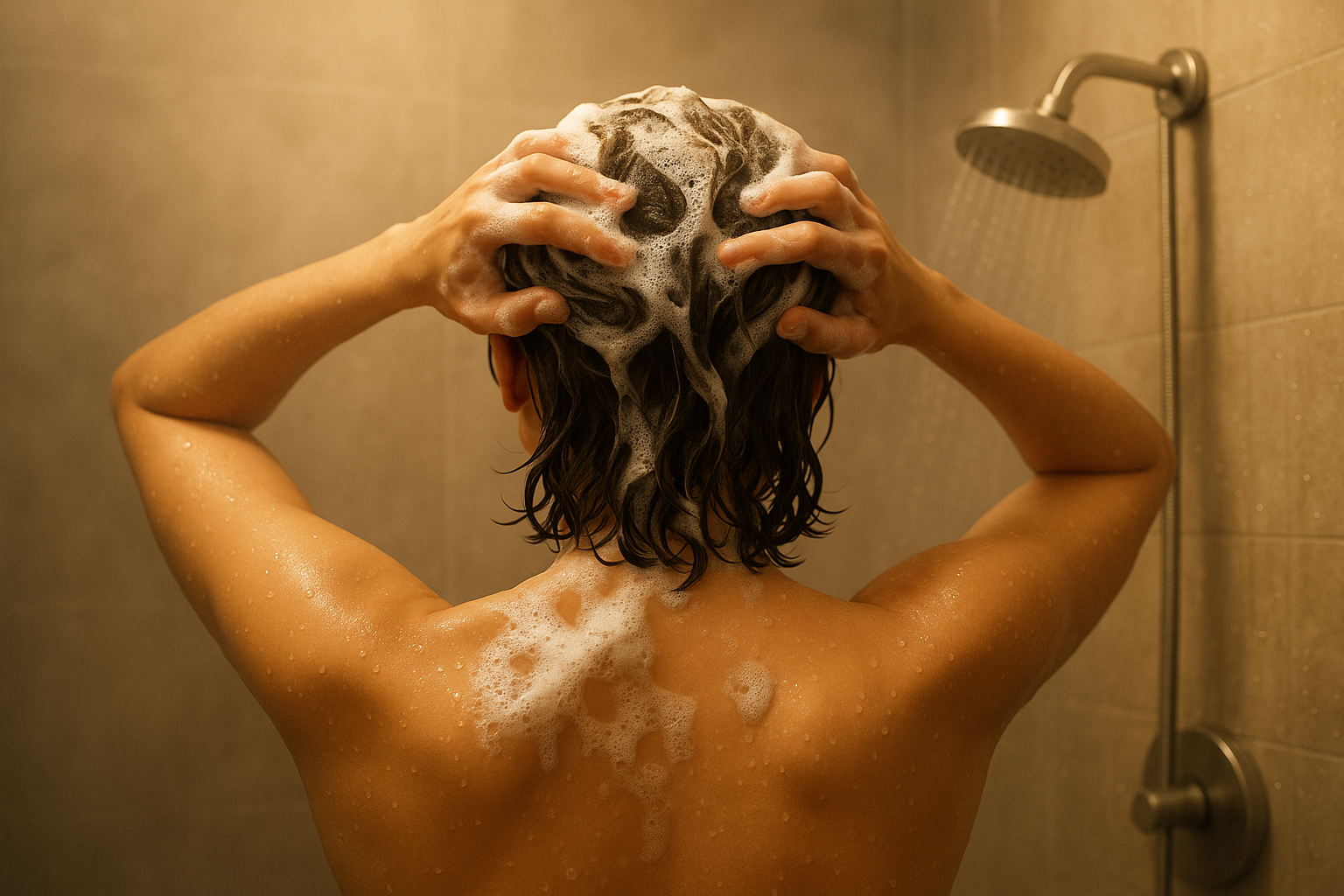
















































































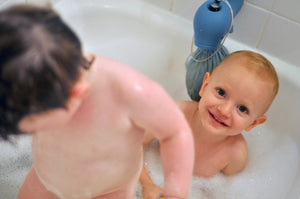

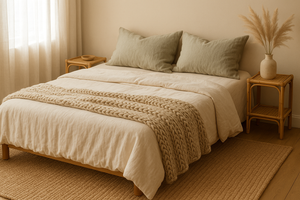
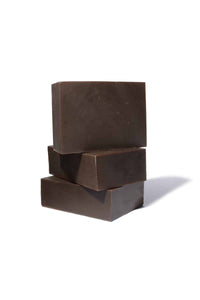
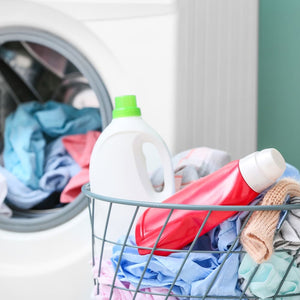
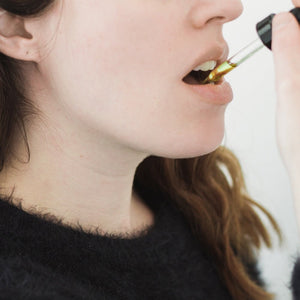
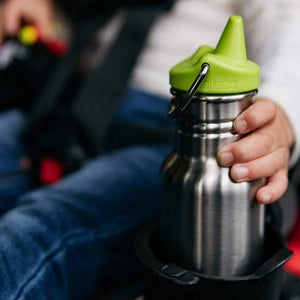
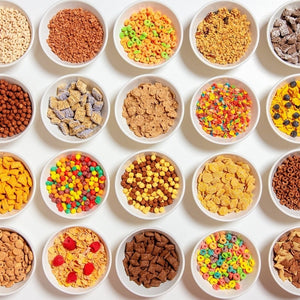
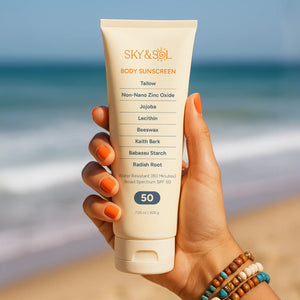
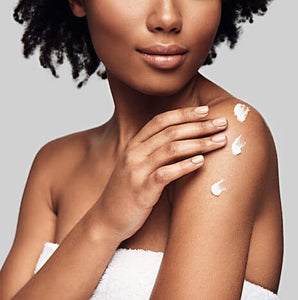
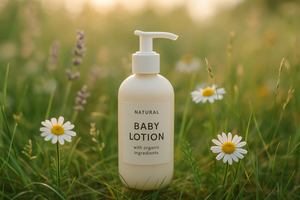
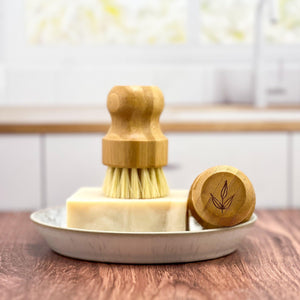
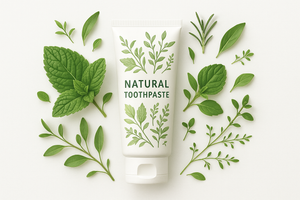
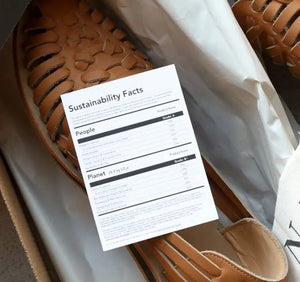

249 comments
Maia James
I have looked into some and tested them but never liked how they make my hair feel!
Maia James
Yes, John Masters sadly has added this to their shampoos, so I am moving these to the Sneaky category…:(
Maia James
They can be problematic, but all of the brands recommended in this guide also make a safe conditioner:)
Arva
Have you looked into bar shampoos and conditioners? A friend of mine recommended Ethique, but I’m sure there are good(er) stuff out there.
Melissa
What about conditioners? Should we stick to the recommended brands? Or are conditioners not as big of a problem?
Thank you!